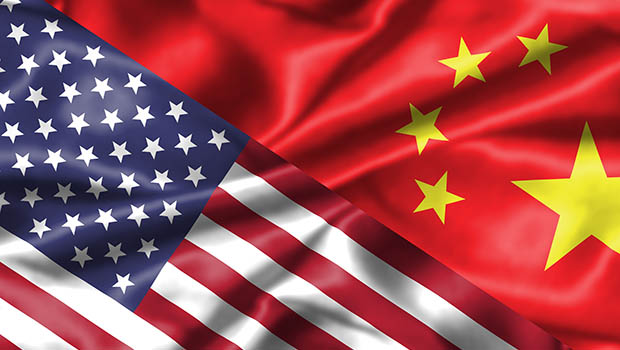Four former national security advisors, whose service spanned Republican and Democratic administrations, agree — the world order is being challenged. Joining the Aspen Institute for a Hurst Lecture Series event, they referenced a number of state and non-state actors as well as broad societal trends like populism.
External threats including China and Russia are shaking up the distribution of power established after World War II. While the panelists were mostly in agreement about what needs to be done to restore it, they had slightly differing thoughts on America’s leadership role and the potential for serious harm posed by some of the threats.
“Our role is and remains indispensable,” said Susan Rice, former national security advisor and US representative to the United Nations under President Obama. “What we’re suffering fundamentally is this view of the world and domestic politics as zero sum. Our world has never been zero sum.” Given the Trump administration’s us-vs.-them approach, she suggested that relationships with allies need to be renewed, with the understanding that US leadership is beneficial for the whole world.
A confident America built the liberal order, and it has to be confident America that sustains it.[/quote_embed]
Former US Secretary of State Condoleezza Rice, who was also national security advisor to President George W. Bush, agreed that the zero-sum mentality is hurting America’s foreign relationships. But, recalling that the US secretary of state is often seen as “the 9-1-1 for the world,” she also wants to see a broader sharing of the burden among American allies. “I believe they need to step it up,” she said.
Stephen Hadley, who served under and then replaced Condoleezza Rice on the Bush national security team, suggested an adjustment to how the United States leads. “If we want others to do more, that means we’ll have to give them more of a role, more of a stake,” he said. “And that means we’ll have to change a bit how we lead: a little more enabling and a little less imposing.”
All were in agreement that the Trump administration should toughen its stance on Russia in order to secure a stronger negotiating position and find areas of agreement. They specified measures such as strengthening the US military’s position in Europe, raising the defense budget, as well as acknowledging the election hacking. This would reflect several decades of tried-and-true foreign relations strategy, described by Hadley as “cooperate where you can, stand on your principles, stand with your friends, be tough where you disagree, but manage disagreements so you don’t get to confrontation.”
[quote_embed source=”Tom Donilon”]North Korea is like a slow-motion Cuban missile crisis.
Condoleezza Rice
A similar approach should be taken with China, the panelists agreed, which Susan Rice called the “most consequential bilateral relationship we have in the world.” Due to trade and security implications over the South China Sea and North Korea, she added that “We have to manage competition and avoid confrontation” with China.
Tom Donilon, another Obama national security advisor who also served in President Clinton’s State Department, echoed the importance of a strong commitment to US leadership in Asia, noting that China’s economy and security has greatly benefited from the US-led world order. He warned that “North Korea is probably the most perilous security issue,” likening it to a “slow-motion Cuban missile crisis.”
But, as Condoleezza Rice pointed out, “This starts at home.” Americans need and deserve a good education, job opportunities, and expanding prosperity in a globally linked world. These could counteract the populist threat of “the other” and help them get on board with the United States’ leadership role.
“This isn’t ‘America first,’ a term I don’t like,” she added. “But it does start at home, because it was a confident America that built the liberal order, and it has to be confident America that sustains it.”


